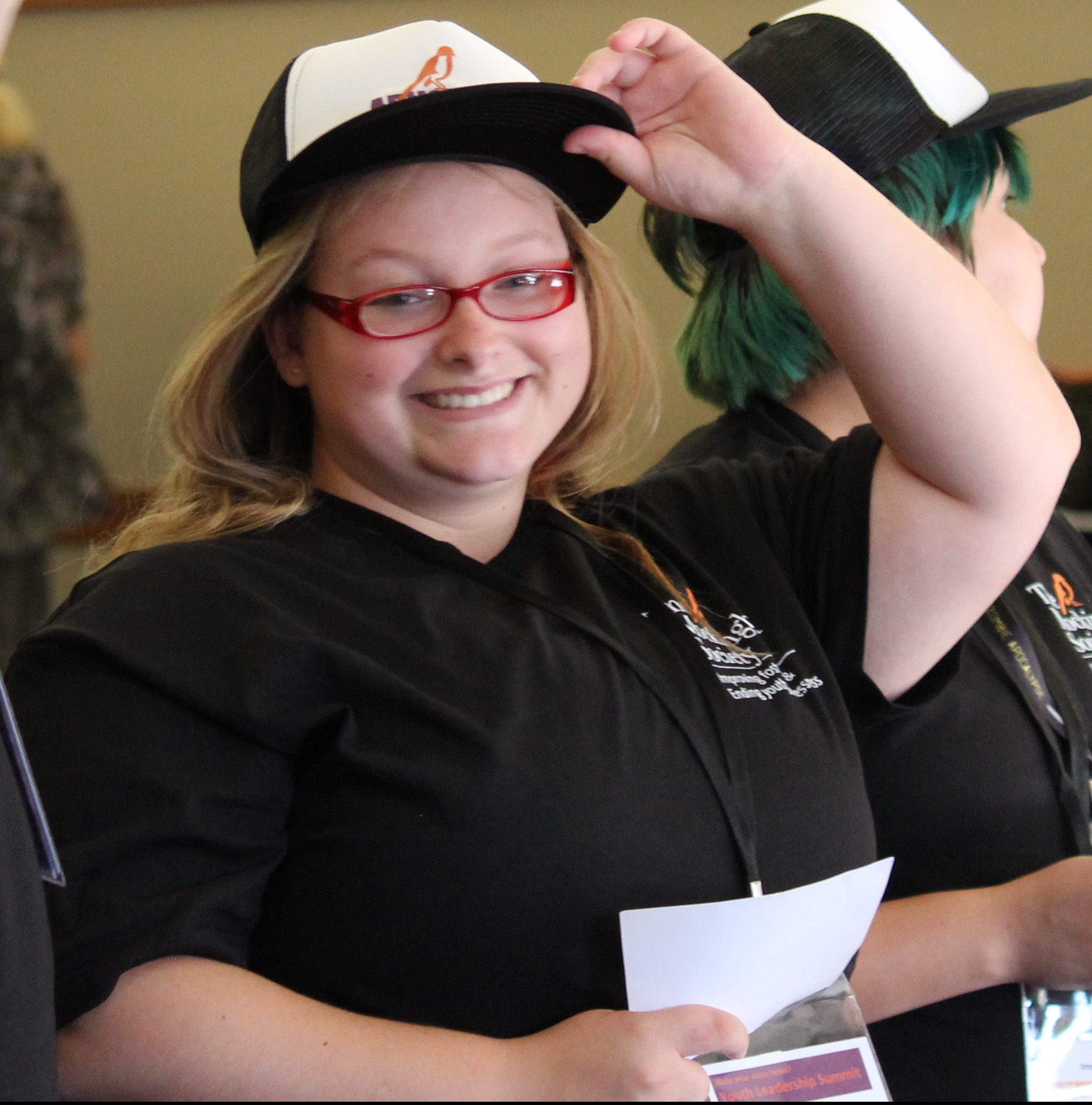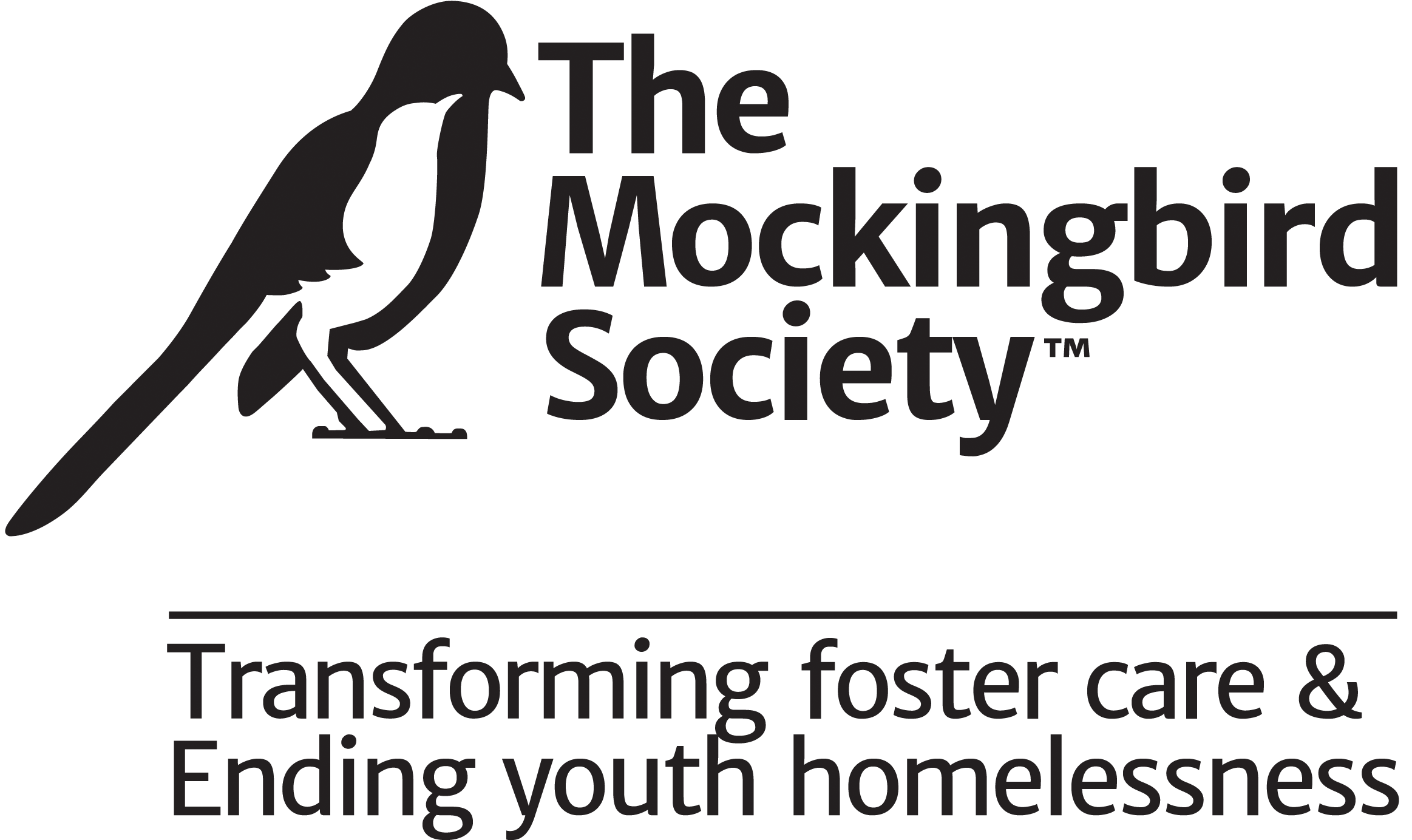Foster Youth in College
Imagine your life as a cycle of sleep, staying up late hours, unable to focus, and then more sleep. It is very exhausting living that way. That was my life in college. Exhaustion settled deep within me. I was exhausted after going to class for an hour, I was exhausted from talking to my roommate. And most of all, I was exhausted from thinking constantly about my past. Getting up out of bed was a hassle, and I just could not find the motivation to go to class. Depression disrupted my sleep schedule, and in addition, drained my will to do anything. As a result my education began to fail.
Wh ile I was in college, a few unresolved things from my past came back up and set me into a depression. I was not able to motivate myself to get up and go to my classes that I had been enjoying until then. Liana Scott, author of the “Coping with Depression” blog talks about how “One of the most difficult symptoms of depression is a lack of motivation. It’s not that we don’t want to feel better, we just lack the physical motivation to move and the emotional motivation to care if we move. Everything seems so difficult.”1 Dealing with my depression and my lack of motivation caused me to fail my college classes. I got in touch with a counselor through my education liaison with Casey Family Programs, and then decided to take a break from college.
ile I was in college, a few unresolved things from my past came back up and set me into a depression. I was not able to motivate myself to get up and go to my classes that I had been enjoying until then. Liana Scott, author of the “Coping with Depression” blog talks about how “One of the most difficult symptoms of depression is a lack of motivation. It’s not that we don’t want to feel better, we just lack the physical motivation to move and the emotional motivation to care if we move. Everything seems so difficult.”1 Dealing with my depression and my lack of motivation caused me to fail my college classes. I got in touch with a counselor through my education liaison with Casey Family Programs, and then decided to take a break from college.
According to research from 2014, “less than 11% of children that have been in the foster care system will go on to college.”2 And not only that but “less than 10 percent of foster youth graduate from college.”3 I was lucky enough to receive support and help to get into college and support for when I return to college. I had a ton of emotional support through Mockingbird. I had a routine with Mockingbird that allowed me to take a few steps back from my life and focus on helping make changes with the foster care system. I received much support through my scholarship through Casey Family Programs, as well as some supports on campus through the Passport network. My education liaison through Casey helped me with my college planning, and the Passport network gave me someone to talk to about everyday college life. It was reassuring to know that I had resources if I needed them. If I had not been in foster care, I would not have received as much help regarding my depression.
At the end of it all though, I still plan on attending college again someday. I still plan on being a veterinarian. My plan is to go to Yakima Valley College for my Associates Degree and then transferring back to Central Washington University to finish my Bachelor’s Degree. In that time I will be continuing my counseling to work through my depression. Depression effected my first year of college and stopped me from pursuing my education. To those of you out there, struggling with mental illness and education, you are not alone.
- Depression and the Lack of Motivation. ”Liana Scott." HealthyPlace. N.p., 3 Mar. 2014. Web. 23 May 2017.
- Rowan, Rachel. "From Foster Care to College - State Programs Help At-Risk Youth." Tuition.io . N.p., 16 June 2014. Web. 24 May 2017.
- Foster Care: The Basics." Foster Care to Success. N.p., n.d. Web. 24 May 2017. <http://www.fc2success.org/knowledge-center/foster-care-the-basics/.
